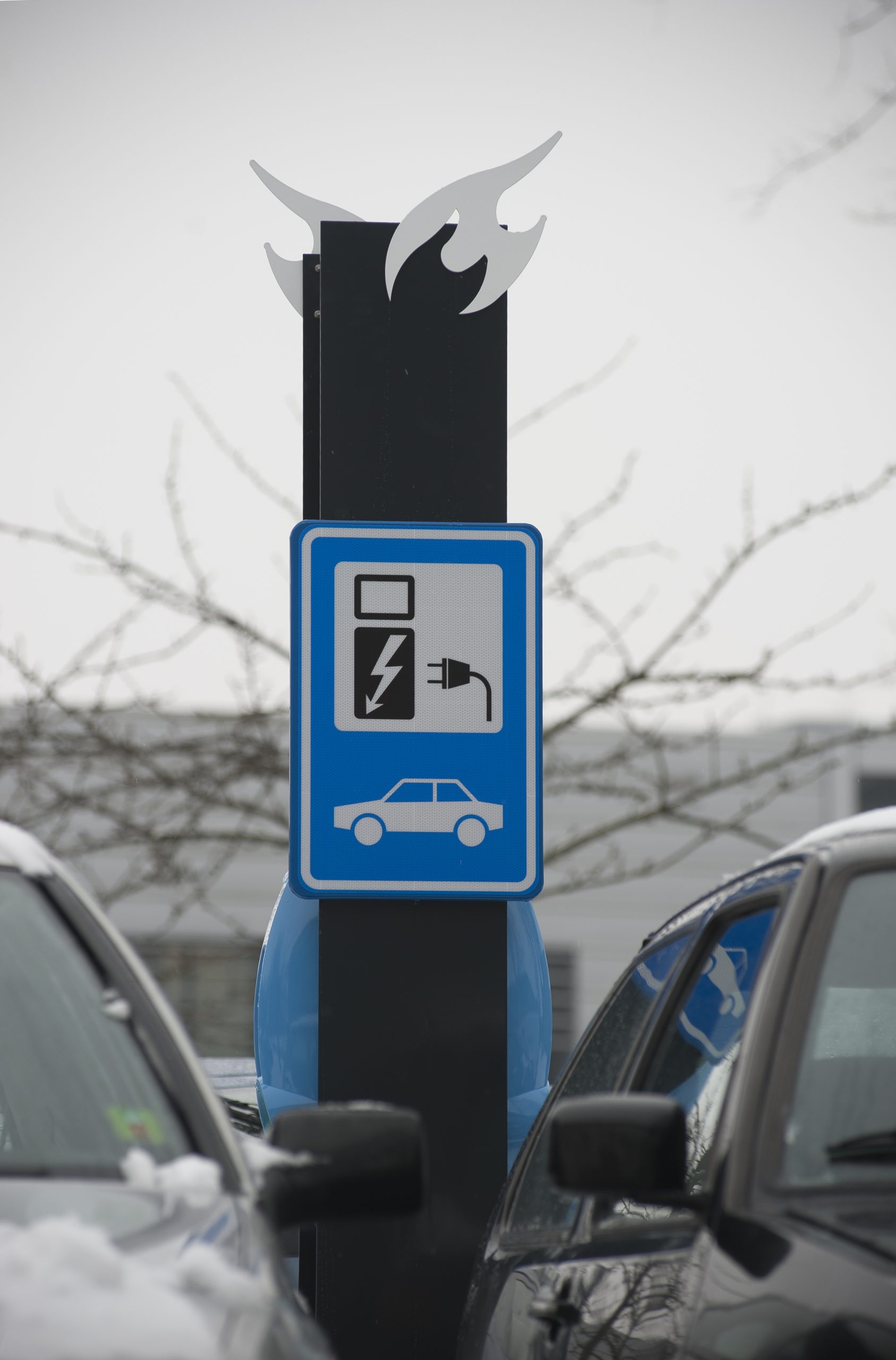Researchers, policy makers and entrepreneurs are all involved in the transition from fossil to renewable energy. The surprising outcome of last week’s energy symposium was that no one takes control.
The Delft Energy Initiative had organised a gathering for scientists and policy makers together with electric mobility organisation D-incert at the Museum for Communication in The Hague. The aim was to bridge the gap between science and policy in four areas: sustainable generation, electric transport, distribution of electricity and efficient electric transport, suggesting that the energy transition from fossil to renewable energy coincides with the shift from use.
Although informative, the wide range of topics came at the expense of focus. A large part of the programme dealt with carbonised to electric driving.
Auke Hoekstra, senior adviser smart mobility at energy network company Alliander, outlined what is involved with energy transition. Based on the perceived parallels with the emergence of the Internet, Hoekstra identified several trends, including shifts from fossil to solar panels, from ownership to services, from central to decentralised and from transporting atoms to transport of electrons. “Meaningful initiatives,” he said, “are coming from young start-ups operating in niches, rather than from today’s big companies who don’t really want things to change.”
Future of powergrid
Professor of Process and Energy Networks Margot Weijnen (TBM) first analysed the term ‘smartgrid’ as used to describe the future of the powergrid. Referring to various definitions, Weijnen stated that once the smartgrid is digitised, it enables feed-in from renewable sources and it enables two-way power traffic.
Weijnen, who is a recent member of the Scientific Council for Government Policy, divides the chain from power plant to home in four sectors: generation, transport, distribution and load. She sees initiatives both at the level of transport and at the local distribution level. But there is no coordination between them.
Local initiatives often start with passionate individuals who succeed in motivating the people around them. The Rotterdam Alderman of Sustainability Alexandra van Huffelen is a good example. In a high-speed presentation, she described how the city of Rotterdam encourages electric driving by providing a free parking space and charging station for the first thousand electric car drivers. Municipal employees will also drive electrical cars more often. If and when electric driving becomes a success, it will necessitate a reinforcement of the power grid and perhaps charging facilities at a nearby an electric substation. Van Huffelen acknowledges such technical practicalities, but for now, she focusses on enticing a thousand inhabitants to drive electric cars.
App with charging points
The symposium wanted to put young entrepreneurs in the limelight to let them pitch their solutions. There were three start-ups in the discussion panel: Michael Coussement from Cohere (charging infrastructure), Wouter Robers from Epyon / ABB (turbo chargers) and Paul de Jong from Proxenergy (personal smart grid solutions). However, no one pitched.
The only practical experience came from Jurjen de Jong. De Jong works with Greenflux, a company that has rolled out an interactive charging structure in Brabant together with grid operator Enexis. They developed an app with information on charging points in the vicinity which enables users to fit charging sessions smoothly into their agenda.
So, young start-ups, new ideas, fresh technology – it’s all there. What’s more, the start-ups don’t feel frustrated by legislation nor thwarted by dominant market parties. Why then this stagnation? Why isn’t there more urgency in developing solutions for what Auke Hoekstra and Professors Ad van Wijk (Future Energy Systems) and Gijs van Kuik (Wind Energy) see as the world’s biggest challenge in the next decades?
“Someone has to take control,” a man in the audience remarked. Unlike Germany, where the government has followed a clear sustainable energy policy since 2000, Dutch policy has been fickle at best. There isn’t even a Ministry for Energy, a fact that may well reflect the general public’s disinterest in energy issues.
The new Minister of Economic Affairs, Henk Kamp, surprised all by calling for considerably more offshore wind energy, in an attempt to scale up the share of renewable energy from the present 4% to 16% by 2020. Perhaps we might be witnessing the end of irresolution.
http://www.energiesymposium.nl



Comments are closed.